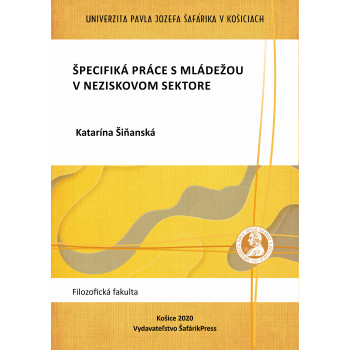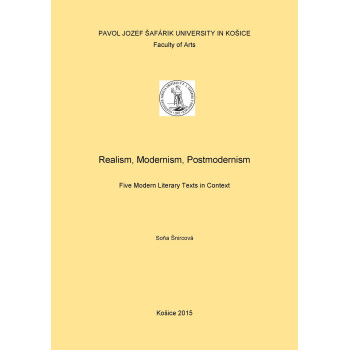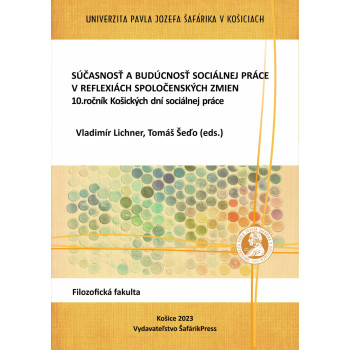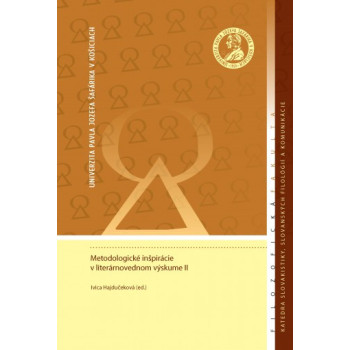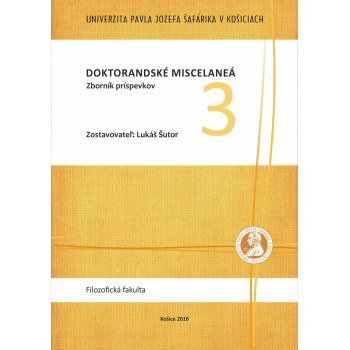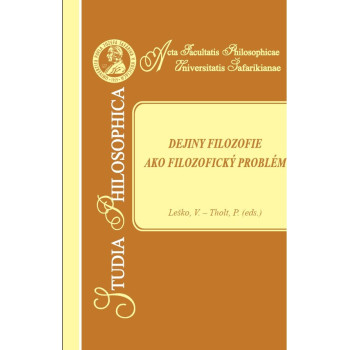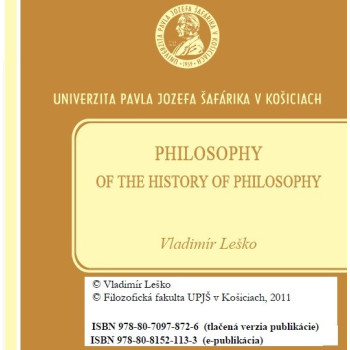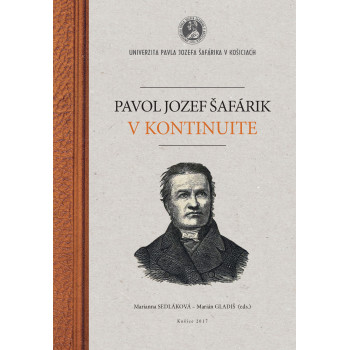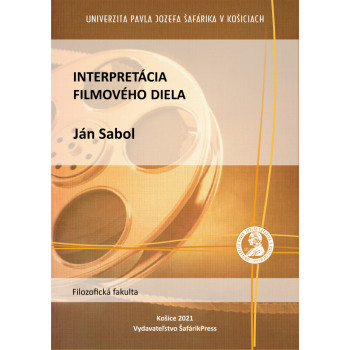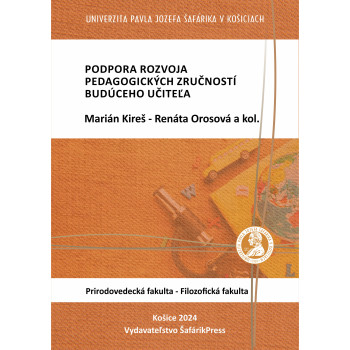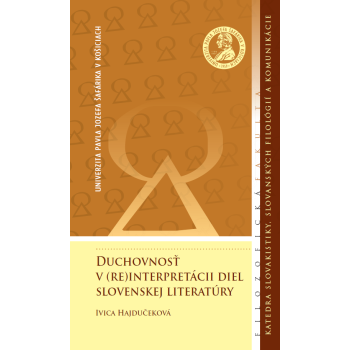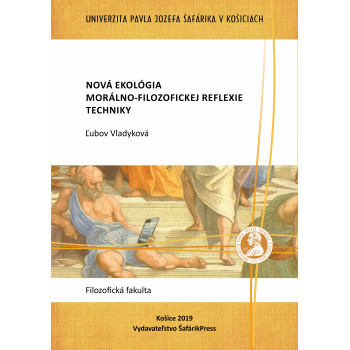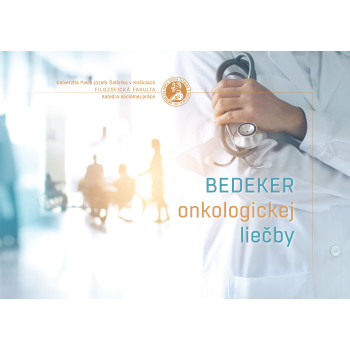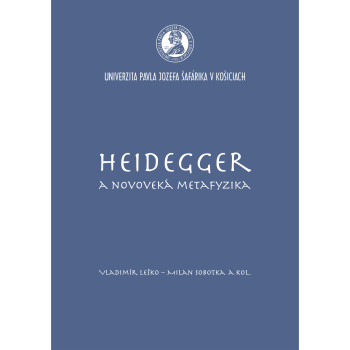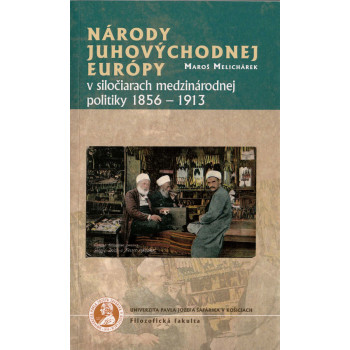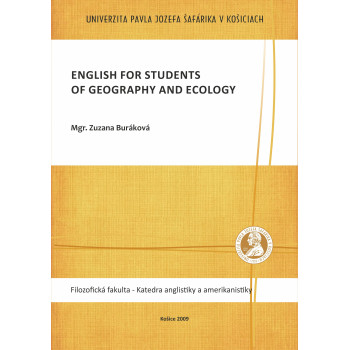
Špecifiká práce s mládežou v neziskovom sektore
E-book
The presented university textbook deals with various views on the issue of youth work in the non-governmental non-profit sector, with which the area of social work or other helping professions is closely connected. It offers theoretical analysis as a basic theoretical framework of the issue, which is necessary to know during the study and in the performance of the practice in the helping profession.
It also offers an application through practical demonstrations. The area of youth work is frequent in the non-profit sector. Many diverse activities and projects are being developed based on the basic concept of empowerment. Their aim is to involve young people as much as possible in public life. In addition, with a specific focus on those young people who are struggling with some form of disadvantage.



